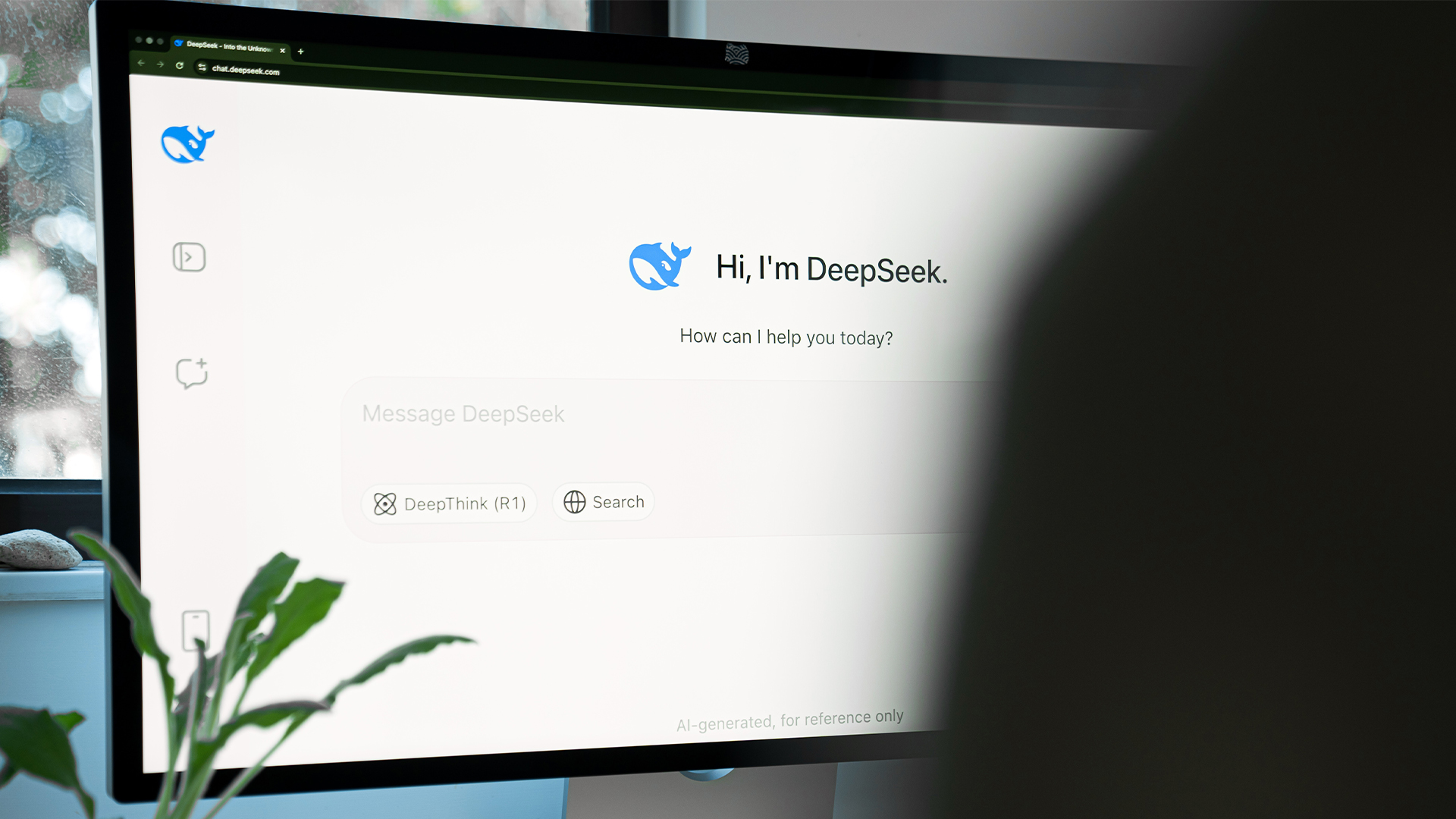Clarity of AI implementation is a primary concern for UK employees
New research finds workers are enthusiastic about implementing AI but are in the dark over how it will happen


UK employees are open to businesses bringing artificial intelligence (AI) into the workplace, but want greater transparency from business leaders on what their plans to implement this technology looks like.
This is according to a survey of 2,741 UK employees conducted by work management platform Asana’s Work Innovation Lab.
Those surveyed are largely open to the use of AI in the workplace, with 92% saying they want to use the technology to help improve efficiency and reclaim time in their job. This correlates with the findings of research carried out by Microsoft in mid 2023, which found people were more focused on the potential benefits AI could bring them in their role than job security.
This general positive feeling towards AI is hampered by a perceived lack of transparency from senior management, however; only 30% of employees surveyed said they had sufficient clarity on their organization’s plans to use AI. In contrast, 39% of senior leaders said they believe they have been transparent on this matter.
The data also suggests that the use of AI in businesses are now significant factors that contribute to career planning in the UK. For example, 56% of workers said how transparent a company is about its use of AI will influence their career planning, with 40% saying whether or not they are offered training on AI would have an impact on their decision.
Reflecting on the results of the survey, Rebecca Hinds,Head of the Work Innovation Lab at Asana, said: “In order to harness the promise and the potential of AI in our workplace we need to adopt a deeply human approach. Decades of research show that the implementation of new technology fails in most cases not because the technology isn’t efficient, but because humans naturally resist change. We need to prioritize change management, upskilling and reskilling, and experimentation in order to make AI successful.”
RELATED RESOURCE

The ultimate guide to switching POS providers
Find the optimal POS solution for your current situation.
DOWNLOAD NOW
Hinds is not alone in her concern. In a global survey of over 3,000 business leaders by professional services company Avanade, 63% of respondents said they believe employees will need some new skills or a completely new set of skills to work with generative AI. An overwhelming majority –98% – said support will be needed to train employees in the use of generative AI tools, while 50% foresee this as requiring significant support.
Get the ITPro daily newsletter
Sign up today and you will receive a free copy of our Future Focus 2025 report - the leading guidance on AI, cybersecurity and other IT challenges as per 700+ senior executives
The leaders that participated in Avanade’s research are also optimistic about AI’s impact on the workplace as the technology is scaled. For example, 64% of respondents believe AI will maintain or increase the number of human roles at their organization in 2024, with most expecting the headcount to increase by up to 9%.

Solomon Klappholz is a former staff writer for ITPro and ChannelPro. He has experience writing about the technologies that facilitate industrial manufacturing, which led to him developing a particular interest in cybersecurity, IT regulation, industrial infrastructure applications, and machine learning.
-
 Bigger salaries, more burnout: Is the CISO role in crisis?
Bigger salaries, more burnout: Is the CISO role in crisis?In-depth CISOs are more stressed than ever before – but why is this and what can be done?
By Kate O'Flaherty Published
-
 Cheap cyber crime kits can be bought on the dark web for less than $25
Cheap cyber crime kits can be bought on the dark web for less than $25News Research from NordVPN shows phishing kits are now widely available on the dark web and via messaging apps like Telegram, and are often selling for less than $25.
By Emma Woollacott Published
-
 Meta executive denies hyping up Llama 4 benchmark scores – but what can users expect from the new models?
Meta executive denies hyping up Llama 4 benchmark scores – but what can users expect from the new models?News A senior figure at Meta has denied claims that the tech giant boosted performance metrics for its new Llama 4 AI model range following rumors online.
By Nicole Kobie Published
-
 DeepSeek and Anthropic have a long way to go to catch ChatGPT: OpenAI's flagship chatbot is still far and away the most popular AI tool in offices globally
DeepSeek and Anthropic have a long way to go to catch ChatGPT: OpenAI's flagship chatbot is still far and away the most popular AI tool in offices globallyNews ChatGPT remains the most popular AI tool among office workers globally, research shows, despite a rising number of competitor options available to users.
By Ross Kelly Published
-
 Productivity gains, strong financial returns, but no job losses – three things investors want from generative AI
Productivity gains, strong financial returns, but no job losses – three things investors want from generative AINews Investors are making it clear what they want from generative AI: solid financial and productivity returns, but no job cuts.
By Nicole Kobie Published
-
 Legal professionals face huge risks when using AI at work
Legal professionals face huge risks when using AI at workAnalysis Legal professionals at a US law firm have been sanctioned over their use of AI after it was found to have created fake case law.
By Solomon Klappholz Published
-
 Future focus 2025: Technologies, trends, and transformation
Future focus 2025: Technologies, trends, and transformationWhitepaper Actionable insight for IT decision-makers to drive business success today and tomorrow
By ITPro Published
-
 Looking to use DeepSeek R1 in the EU? This new study shows it’s missing key criteria to comply with the EU AI Act
Looking to use DeepSeek R1 in the EU? This new study shows it’s missing key criteria to comply with the EU AI ActNews The DeepSeek R1 AI model might not meet key requirements to comply with aspects of the EU AI Act, according to new research.
By Rory Bathgate Published
-
 The DeepSeek bombshell has been a wakeup call for US tech giants
The DeepSeek bombshell has been a wakeup call for US tech giantsOpinion Ross Kelly argues that the recent DeepSeek AI model launches will prompt a rethink on AI development among US tech giants.
By Ross Kelly Published
-
 OpenAI unveils its Operator agent to help users automate tasks – here's what you need to know
OpenAI unveils its Operator agent to help users automate tasks – here's what you need to knowNews OpenAI has made its long-awaited foray into the AI agents space
By Nicole Kobie Published